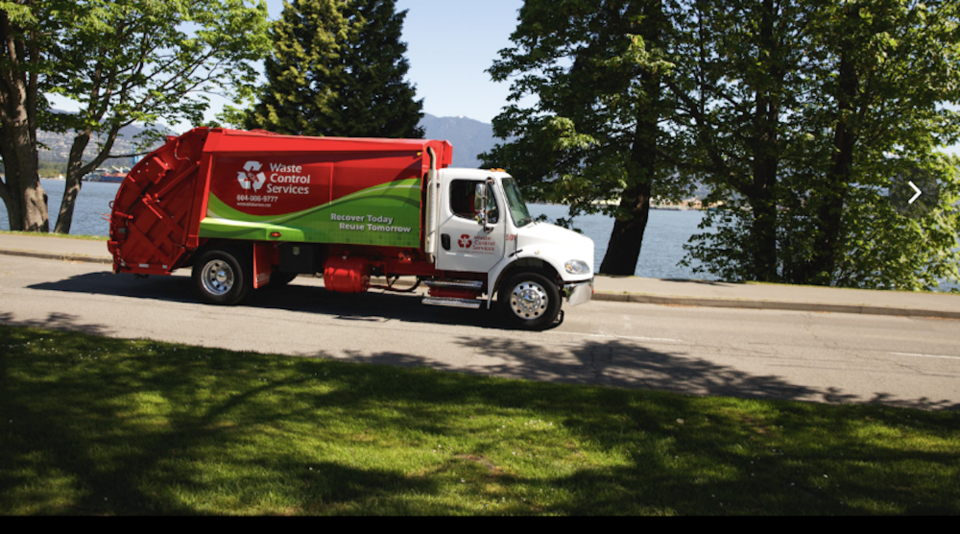A Coquitlam waste management company has lost a bid to stop unionization of its workers.
In a B.C. Labour Relations Board decision, posted online Dec. 1, employees of Waste Control Services Inc. will be allowed to retain their union certification after a lengthy battle that saw the company before the labour board three times including a recent appeal.
In January, the company was ordered to reinstate a driver named Derek Anderson, who was fired after he signed a union card and began talking to other employees about unionizing.
In August, the company was again before the labour relations board for unfair labour practices.
Among the concerns raised by workers was the company owner's shunning of Anderson after he was reinstated and comments to a second employee, Dan Ratzlaff, which made him feel "that his job was in danger."
In these incidents, and several others, company founder and owner Allan Dasanjh was found to have demonstrated to his employees that he was "deeply anti-union" and Local 115 of International Operation Engineers was granted certification.
However, the company disagreed with the decision, arguing the panel did not adequately consider or address aspects of evidence that were presented.
Dasanjh — who started the business from one used truck in 1993 to 65 trucks and nearly 135 employees at the time of the union's organizing drive — told the original hearing that he didn't support unions.
He testified he did not want his business to be unionized and that "if his employees wanted to unionize [the Employer], he would rather that they work somewhere else."
But in seeking reconsideration of the certification, the employer said Dasanjh's comments at the hearing shouldn't have bearing on the panel's decision
The original panel "applied irrelevant factors and/or considerations in decision making."
It submits that, regardless of the distaste for what was seen as Dasanjh's lack of regard for the authority of the Board, the original panel erred in taking that into account in awarding remedial certification.
The company also argued the original panel didn't explain how Dasanjh's conversations with Ratzlaff affected the union organizing drive because there was no evidence other employees overheard the conversations.
However, the labour board disagreed with the employers' assertions, and stated the original panel did not commit an error in its deliberations.
It stated the remedial certification was ordered because of Dasanjh's actions shortly after Anderson was reinstated, as well as other incidents, and only ordered after the second hearing into unfair labour practices which suggested he would not likely be deterred.
As well, the board disagreed with the employer's argument that the original panel denied it a fair hearing and that Dasanjh's comments at the hearing were irrelevant.
"The Employer could reasonably have anticipated that the original panel would consider, among other things, Dasanjh's testimony at the hearing, including the views he expressed about his employees' right to choose whether to unionize and the impact of those views on the Board's authority to enforce the Code's protections of that right."
In denying the employer's appeal for reconsideration of remedial certification, the three-member panel upheld the original decision.
"In these circumstances, we find no error in the original panel's weighing of the incidents and its conclusion that, in light of the Employer's conduct, it was appropriate to order remedial certification."


